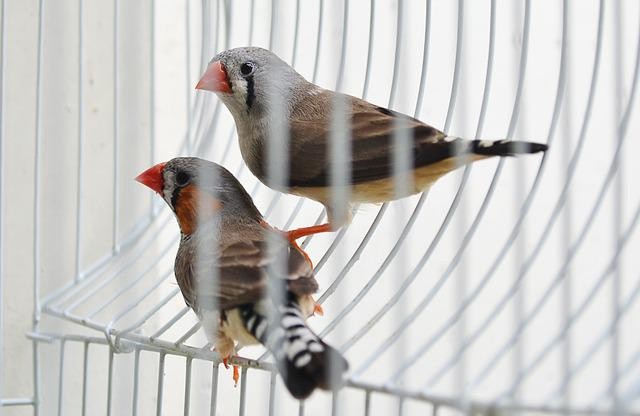
Darwinian evolution is moving faster than expected, four times faster, as discovered by new research on the subject. The basis is how genetic variation is analyzed and how it works, much more genetic characteristics mean faster change due to dropping undesirable traits.
Variation in Species Evolves Differently
The scientists behind this latest study termed it "evolutionary fuel," and they analyzed information from 19 different wild animal groups worldwide, reported Science Alert.
Informational analysis of the raw material to evolve is more compared to earlier estimates. Adjusting expectations of how quickly animals change is a relevant question in the era of climate change.
According to Australian National University evolutionary ecologist Timothée Bonnet, the method allows to estimate the potential speed of current evolution in terms of natural selection throughout all traits in a population, noted Exeter.
He added it has not been possible in previous methods, seeing an abundance of potential change surprised. the team
Some of the wild animals under study are the superb fairy-wrens found in Australia, spotted hyenas of Tanzania, Canadian song sparrows, and Scottish red deer, which have evidence of hastened adaption on a large scale.
Each field study lasted a remarkable 30 years, with births, deaths, mating, and progeny diligently documented.
The shortest lasted 11 years, while the longest lasted 63 years. The researchers had a total of 2.6 million hours of field measurements to incorporate with each animal's genetic data. It took three years to determine how much genetics and natural selection significantly contributed to Darwinian evolution.
Read Also: DeepSqueak AI Revolutionizes the Study of Marine Animals Calls in the World's Oceans of Sounds
Although Charles Darwin assumed evolution is a slow process, prior studies have shown that evolution can occur in certain species in a few years, cited Techno Blender.
A Remarkable Example of Evolution
The peppered moth, which was predominantly white in the UK before the industrial revolution, has undergone rapid evolution, according to Bonnet.
These moths lived in a polluted area and left blackened soot on trees and buildings, and the insects developed black spots for camouflaged and better survival.
Developing the right color for better survival rose because of genetic variations of the insects. In time more of the moths became darker, and the former trait was lesser.
Since it is the first study of its kind with a baseline to start working with, the authors of the study say there is not enough proof that species have evolved faster in the past. The evidence points out that what fuels evolution in species is much more than thought.
Climate change affects wildlife all over the globe with varying effects that make it imperative to know how adaptation mechanisms work. It will identify those destined to die out or that can survive.
The study's authors are worried that as climate change speeds up too fast, there will be animals that will not make it. More comprehensive and long-term studies will be needed to define exactly how quickly evolution will occur.
Bonnet stressed that the study indicates that adaptation of species cannot be ignored, and it is a gauge of how responses to changing habitats vary, noted in the study.
Darwinian evolution is faster with more fuel that increases the adaptive responses if the circumstances are right. It is found to be a significant factor that cannot be ignored.
© 2026 HNGN, All rights reserved. Do not reproduce without permission.








